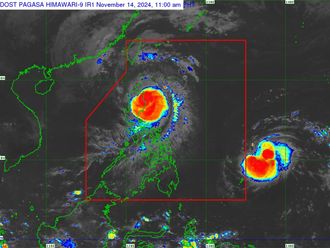Adis Ababa: The African Union has been mediating long-running talks to try to resolve a series of disputes that have flared since South Sudan became independent in July 2011 following a 2005 peace deal that ended one of Africa’s longest civil wars.
Landlocked South Sudan took with it three-quarters of the oil held by the previously united nation, but the pipelines and processing facilities remained in Sudan.And the two sides were unable to agree on how much Juba should pay to export its crude through a northern pipeline and port, leading the South to shut down production in January after Khartoum began seizing the oil in lieu of payment.
Oil generates about 98 per cent of South Sudan’s revenue and the move crippled the economies of both countries The two countries had faced an August 2 deadline set by the United Nations to resolve their differences on oil and borders, and Mbeki said they would meet next month to try to find a compromise on the disputed region of Abyei.
Mbeki said a timetable would now be drawn up for the resumption of oil production and exports, which are vital to the economies of both deeply impoverished countries.
“What will remain, given that there is an agreement, is to then discuss the next steps as to when the oil companies should be asked to prepare for resumption of production and export,” he said.











